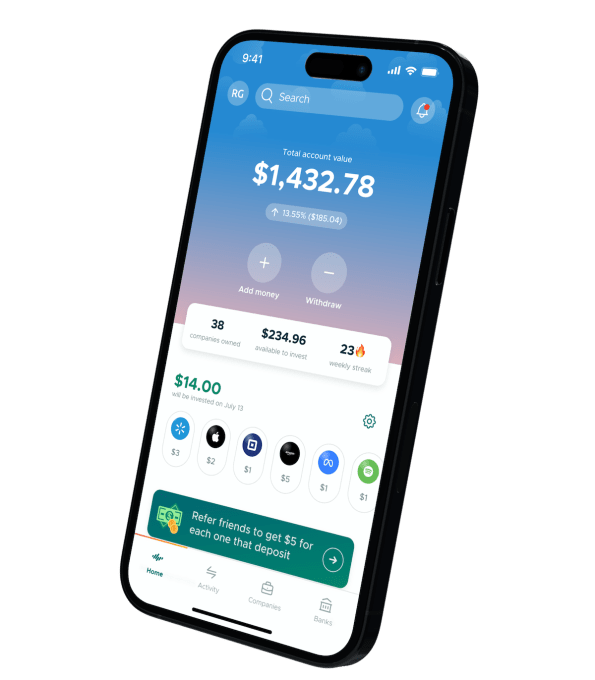By Nimesh Vora and Jaspreet Kalra
MUMBAI, April 8 (Reuters) – Indian importers locked in foreign exchange hedges with banks at a record pace last month, capitalizing on a rally in the rupee.
A few of these banks are now facing margin calls due to notional losses on those positions, four bankers said.
Importers purchased dollar/rupee foreign exchange forward contracts worth $66.5 billion in March, marking a year-on-year increase of 75% and clocking the highest monthly volume since clearing house Clearing Corporation of India Ltd (CCIL) began publishing data in July 2016.
In contrast, forward contract activity by exporters declined year-on-year, underscoring the divergence.
The record hedging was driven by a more than 2% rally in the rupee in March, marking a rebound from record low levels.
The recovery followed a period of sharp falls in the rupee, which plumbed to an all-time low of 87.95 in mid-February and declined 3.5% in the three months before March.
In March, the currency was aided by a fall in the U.S. dollar and foreign inflows, which prompted investors to unwind bearish bets. It was last quoted at 86.07 on Tuesday.
With the rupee’s outlook fairly uncertain, importers, wary about a return of a weakening bias, were quick to lock in rates through forward contracts, bankers said.
The pace of the rupee’s decline toward the 88 level was “unexpected” and most importers were “not nimble enough” to respond, leaving them under-hedged relative to the pickup in volatility, an FX salesperson at a bank said, requesting anonymity as they are not authorized to speak to media.
“They all jumped in when the opportunity came in March.”
BANKS FACE ADDITIONAL MARGIN CALLS
The dollars that companies buy or sell in the forward market are hedged by banks by offsetting positions with other lenders. These interbank transactions are settled by the local clearing house.
When a bank has a significantly higher share of importer clients relative to exporters, its outstanding FX forward contracts can face notional losses.
Although the mark-to-market losses belong to the bank’s clients, the clearing house requires banks to post additional margin to cover the exposure.
“We have had to post additional margin to CCIL, largely due to the activity of importers,” a treasury head at a small-sized foreign bank said.
“For big banks, posting the additional margins is a matter of routine.”
An FX salesperson at a large foreign bank said that their bank had received a “minor” margin call from CCIL.
CCIL did not immediately respond to an email requesting comment.
(Reporting by Nimesh Vora and Jaspreet Kalra; Editing by Mrigank Dhaniwala)
















